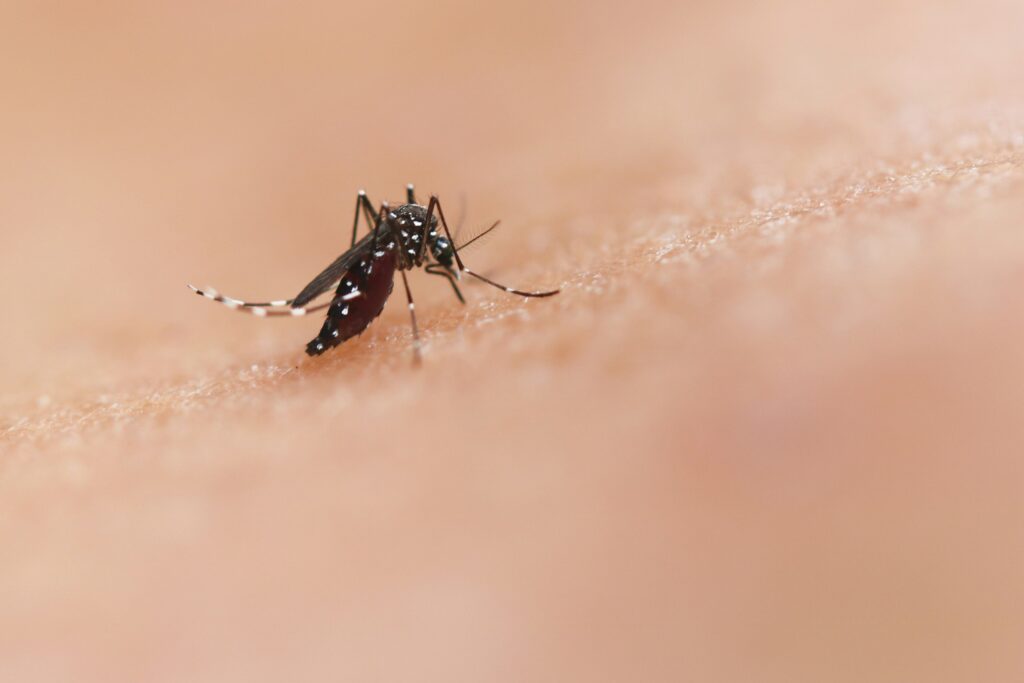There is nothing climate change cannot do, including prolonging winter, making poison ivy worse and spreading malaria whether it gets hotter or colder. And now it’s eliminating languages. A recent piece on “babbel.com” laments the imminent demise of perhaps half of the world’s 7000 languages by 2100. It concedes that “Of course, it’s impossible to attribute this to any one single cause. Genocide, policy, persecution and economic pressures all play a role in our increasingly globalized world.” But we all know the real reason: “However, climate change is also endangering the survival of many of the world’s most at-risk linguistic populations.” How, pray tell, does the purple dragon do this thing? Rising sea levels, or something.
They say:
“As these communities get displaced due to rising sea levels and climatic changes that disrupt their agricultural and fishing industries, it becomes inevitably more difficult for small languages to remain viable as its speakers scatter around the globe and are forced to assimilate to local cultures. And even if certain communities manage to stay in place, there’s still a sense of ‘you can’t go home again’ when your local environment is becoming unrecognizable to you.’”
You get the feeling they are pulling your leg. It is a remarkable fact that in the late 20th century about one in six of the world’s languages, according to Jared Diamond’s 1997 blockbuster Guns, Germs and Steel, were spoken in Papua-New Guinea alone. And we’re not talking dialects here (or in them): these were languages, he says, as different from one another as English and Chinese. But it wasn’t because the locals were especially linguistically inventive. It’s because the terrain was incredibly difficult and its inhabitants lived in isolation.
The modern world, as you know, has overcome time and space in remarkable ways for better or worse. And one of the impacts is that as people move around and meet other people and attempt to communicate with them, they learn languages that others speak and the ones in which you just can’t communicate more than five miles from that are only spoken in the immediate vicinity of your house are rightly regarded as less useful. It has nothing to do with climate. Does anyone really think the roughly 3,500 languages with fewer than 10,000 speakers today will suddenly become viable if the temperature goes down over the next 78 years?
Consider that Babbel itself, a company which is devoted to helping people learn languages via their app, lists across the top “Spanish French German Italian Russian Portuguese More”. Why those ones, we wonder?
Could it be that these are the ones people need in order to get around in the modern world? In our distant youth one of us was in a hostel in Amsterdam whose manager announced the opening and closing hours flawlessly in five languages including Dutch, and when asked admiringly where he was from retorted “The Netherlands, of course. Why else would I speak Dutch?”
The impact of climate change on the remaining isolated monoglot fishing villages of whatever place babbel.com worries about is trivial compared to the rising tide of English and to a lesser extent Chinese in the modern world. The piece tries valiantly with
“When natural cycles are disrupted, so is the linguistic meaning and context built around them. One example: the shadbush, a small North American tree, is named such because shad, a type of fish, are often spawning in the rivers when the shadbush flowers. That is no longer the case because along with many other plants, it is flowering earlier in the year.”
So? People will still call that thing a shadbush even if they have no idea what the shad are up to, or if they even exist. Or they will use some of the countless other names for the same plant. Even Wikipedia knows that
“Amelanchier (/æməˈlænʃɪər/ am-ə-LAN-sheer), also known as shadbush, shadwood or shadblow, serviceberry or sarvisberry (or just sarvis), juneberry, saskatoon, sugarplum, wild-plum or chuckley pear, is a genus of about 20 species of deciduous-leaved shrubs and small trees in the rose family (Rosaceae).”
Any idea why a “chuckley” pear has its name? That gap in human knowledge hasn’t caused people to stop laughing. Yet somehow we will now begin forgetting common words if there is a connection to plant names, even if the plants are still around. Hence “On Aneityum island in Vanuatu, each month is named for a different variety of sugar cane, and locals have knowledge of (and names for) thousands of local plants and their medicinal properties.”
We have news for them. Science and agriculture have words for sugar cane too, and for thousands of plants and their medicinal properties. It simply is not true that statements like “Don’t eat that red mushroom” or “The ice is too thin to support you today” cannot be said in any language. (Likewise the term the Haida Indians reportedly used for the coldest part of the winter that is too earthy to reprint here is as funny in Russian or Tamil as in the original… and as pertinent.)
Or consider that the last unilingual speaker of Cornish died in 1676, which is maybe a bit sad since it was derived from the “Brythonic” that King Arthur may have spoken, and that the related residual West Country English accent has been that of the stereotypical pirate since Robert Newton’s immortal portrayal of Long John Silver in 1950. But no important thought has gone unuttered since Cornish died along with its last speaker. (The British government is of course trying to revive it, having nothing better to do.) Not even “aaaaarrrr, matey.”



And now I'm having visions of Hot Fuzz.
Can anyone provide a link showing what is the term the Haida Indians reportedly used for the coldest part of the winter? cant find it. Sounds funny